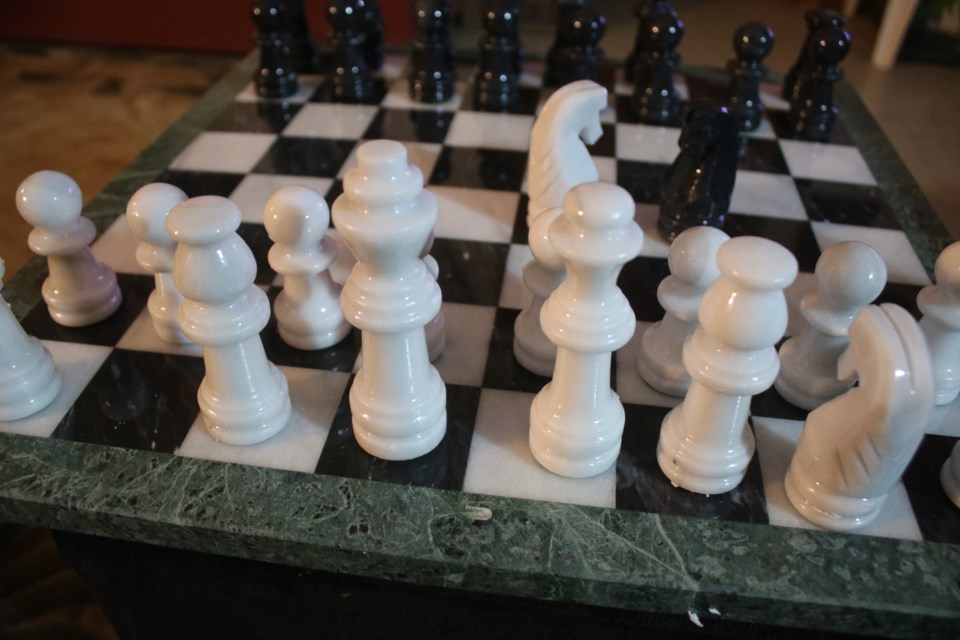YORKTON - Arguably the most recognizable board game would be chess.
That is not to suggest everyone who would recognize the game if you set up at local mall some Saturday afternoon would know how to play, but they would know it’s chess.
There are of course notable reasons for that recognition, ranging from many schools having clubs through the years, so even no-playing students knew of it, to the fact the game is centuries old, to being a set decoration in the studies of a range of TV and movie characters through the year.
It doesn’t hurt that Queen’s Gambit was a recent Netflix hit, which was one of that service’s most popular productions, and worthy of all its praise it must be added.
It is however, not the perfect game, or perhaps more precisely it has some limitations.
It might seem strange to suggest chess has limitations given millions know how to play the game, and organizations from local clubs to world governing bodies exist to promote the game, but that doesn’t make it the game for all.
One of the greatest challenges for a player is finding opponents of similar talent levels.
Chess is a game where players can work to get better, which largely comes from having a better understanding of which is the best sequence of moves to make. The best players envision moves well ahead of the one they are actually making and anticipate their opponent’s most like responses to each move in the sequence.
In my days of playing regularly in junior high I might have been thinking three moves, with each move ahead increasingly less likely to be relevant by the time I got to that ‘link in the chain’ of moves.
Better players envision the board changes farther ahead with greater accuracy. The greater the spread in that ability between players the less competitive games can be. So in a small group setting finding opponents at the same skill level can be a challenge. Better players leave because they don’t feel challenged and find little joy in winning too easily.
Beginners feel over-matched and intimidated and can leave the game before getting to the point of really understanding and appreciating.
In a larger club that might be less an issue, and by the time you achieve a level you become a ranked player it’s easier to find players you are competitive with, but it is still a limiting factor to the broadest appeal.
Of course on the flip side, a chess set, at least the most basic, plastic sets, which of course are still playable, are almost always on toy aisle shelves and even among discount store offerings. It’s a game that every youngster should be given for a gift at some point with the caveat a parent sits down and plays the game with them.
So while chess is forever a game with depth that should be learned if for no other reason than to expand the mind, there are other options out there too, that are similar, but perhaps without the range of skill levels simply because they have not been as widely played. For example; the great mid-1980s Chase, easily made with an online board download and some dice, also Hive a modern classic among the best in that last 25 years, along with Tzaar, Abalone, Dameo and others, all which will grow your ability to analyze and plan while having fun.



.JPG;w=120;h=80;mode=crop)


